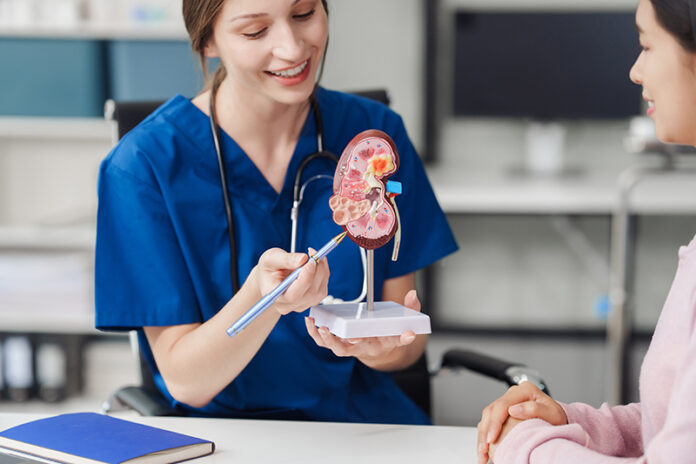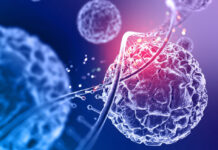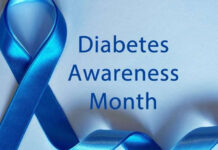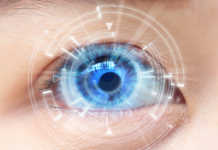
Kidney stones are a common and painful condition that affects millions of people worldwide. While both men and women can develop kidney stones, women face unique risks due to lifestyle, diet, and hormonal factors.
Kidney stones are hard mineral and salt deposits that form inside the kidneys. They vary in size, from tiny grains to large stones that can block the urinary tract. When they pass through the urinary system, they can cause severe pain, nausea, and other symptoms.
Common Causes of Kidney Stones in Women
Dehydration
Insufficient water intake is one of the leading causes of kidney stones. When the body is dehydrated, urine becomes concentrated with minerals like calcium, oxalate, and uric acid, which can crystallize and form stones. Women who drink less water, especially during pregnancy or menopause, are at a higher risk.
Dietary Factors
A diet high in sodium, protein, and oxalate-rich foods can increase the risk of kidney stones. Women often consume more processed foods, which are loaded with sodium, unknowingly raising their risk. Foods like spinach, nuts, and chocolate are high in oxalates and should be consumed in moderation.
Obesity and Weight Gain
Family History and Genetics
Preventing kidney stones involves making lifestyle and dietary changes:
Stay Hydrated: Aim to drink at least 8-10 glasses of water daily.
Reduce Sodium Intake: Limit processed and high-salt foods.
Balance Your Diet: Include calcium-rich foods and reduce oxalate-rich foods.
Manage Weight: Maintain a healthy weight through regular exercise and a balanced diet.
Monitor Hormones: Regular check-ups during menopause or if you have PCOS can help manage hormone-related risks.











